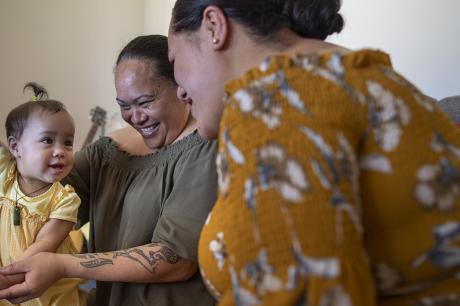Articles and analysis on today's issues

As data centers see a surge in demand because of generative AI, Henrico County, Virginia, shows how local governments can turn the economic gains of this new industry into sustainable funding for affordable housing.
How Can Policymakers Ensure the Push for Electric Vehicles Doesn’t Harm Low-Income Communities and Communities of Color? Policymakers can use environmental justice principles to prioritize cleaning the worst-emitting power plants and ensure the electric vehicle transition doesn’t disproportionately affect communities where people with low incomes and people of color are most likely to live.Four Lessons for How to Confront Challenges and Better Support AA/NHPI Communities Addressing anti-Asian violence should not be seen only as individual incidents but understood as representative of an ongoing effort to dismantle longstanding structural racism.Could Public Private Partnerships Improve Health Outcomes in Developing Countries? Evidence-informed technical assistance could build government partners’ capacity and help ensure PPPs are designed and implemented in ways that maximize public benefits while enabling financial sustainability.Steps Every State Can Take to Build a More Equitable Child Care Subsidy System Historically, the child care subsidy system has been underfunded, serving only one in six children eligible under federal law.Lessons from France for Creating Inclusionary Housing by Mandating Citywide Affordability France’s Urban Solidarity and Renewal (SRU) law has been successful in making the distribution of affordable housing more equitable in terms of evening the availability of subsidized units across municipalities, and it could be a model for the US.Cash Transfer Programs Can Build Choice, Speed, and Equity During the COVID-19 pandemic, THRIVE East of the River provided emergency relief through cash transfers to more than 500 households in Washington, DC’s Ward 8.





